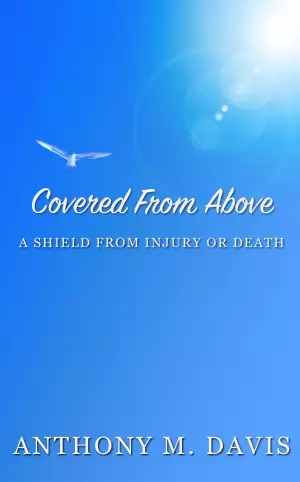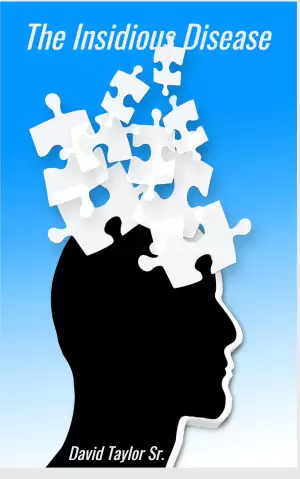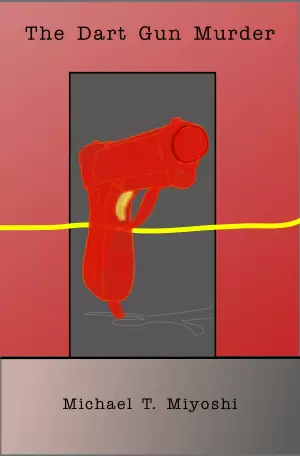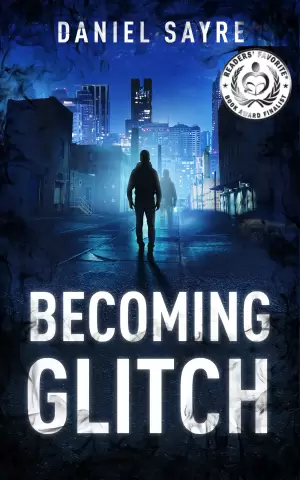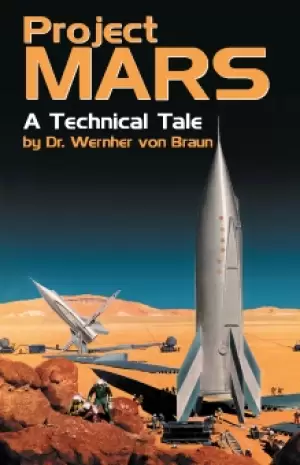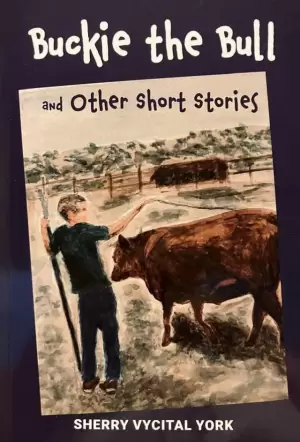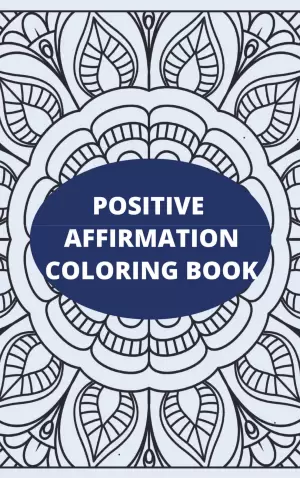Lessons from the Fat-O-Sphere: Quit Dieting and Declare a Truce with Your Body
by Kate Harding and Marianne Kirby

- Pages: 240
- ISBN: 0399534970
- Link: Goodreads
- Format: Paperback
- Published on: May 5th 2009 (first published March 30th 2009)
- Published by: Perigee Trade
I’m fat, I think that needs to be acknowledged from the get-go. Like many other fat people, I’ve tried diets and have always gained the weight back and then some. Learning to accept my body for what it is has been a struggle. I’m still working on it. My biggest problem when I comes to eating is listening to my hunger queues: I’m getting better at starting to eat when I’m hungry, but I’m having hardest time knowing when I’m full and It’s time to stop. But I digress.
Bloggers Kate Harding (Shapely Prose) and Marianne Kirby (The Rotund) are both fat like me and have been blogging about fat acceptance. Together, Harding and Kirby wrote Lessons from the Fat-O-Sphere: Quit Dieting and Declare a Truce with your Body. It’s worth noting that I wasn’t a regular reader of either Shapely Prose or The Rotund, nor had I read extensively about the fat acceptance movement prior to reading this book. In fact, Lessons from the Fat-O-Sphere is the first book I read on the subject. Understandably, I didn’t really know what to expect going into this.
Review
OK, so I’ll be honest: what I was hoping for was a book that was more on the academic side that would explain the science behind fat and health, why diets don’t work, stuff like that. Instead, Lessons from the Fat-O-Sphere is more like a self-help book that deals more in personal anecdotes. I was amused when I got to the chapter about reading as much as you can about the fat acceptance movement. Harding and Kirby write: “Reading lots of different books on the subject – whether by academics, science journalists, or plain-old pissed-off fat people – is a great way to get a feel for the many facets of the movement.” I was amused because I started reading the book expecting something with a more academic slant and found myself reading a book by two pissed off fat women. See how ignorant I was about who Harding and Kirby are? Basically, I’m kicking myself for not doing more research about Lessons from the Fat-O-Sphere and its authors before picking up the book.
As for how the book was written, I came away with mixed opinions. On the one hand, I thought it was kind of weird that Harding and Kirby referred to themselves in the third person. On the other hand, I really enjoyed their writing style. I could totally see it working well for a blog.
It bugged me that they made the assumption that everyone had the same access to resources. For example, in the chapter about clothes, they made a big point of suggesting that you should rid yourself of clothes that don’t fit and buy clothes that do. While I understand the concept of not being able to wear clothes that don’t fit, not all of us have the luxury of buying clothes whenever we feel like it. My weight fluctuates. Sometimes certain clothes fit and other times they don’t. What I end up having to do is altering the clothes that don’t fit so that I can wear them. Harding and Kirby also emphasize that there are plenty of fat people who eat healthy and exercise but don’t loose weight. I think that’s important to point out, but it also felt like the subtext was that the fat folks who live a sedentary lifestyle should hate themselves.
I want to emphasize that there were also things I really liked about Lessons from the Fat-O-Sphere. Harding and Kirby made me aware of some amazing resources I wasn’t aware of before. The anecdotal stuff was mostly pretty interesting and I think that’s what makes the book worth reading.
Ultimately, Lessons from the Fat-O-Sphere can be a good introduction to the fat acceptance movement, but don’t let your reading stop here. I look forward to reading both Shapely Prose and The Rotund.

